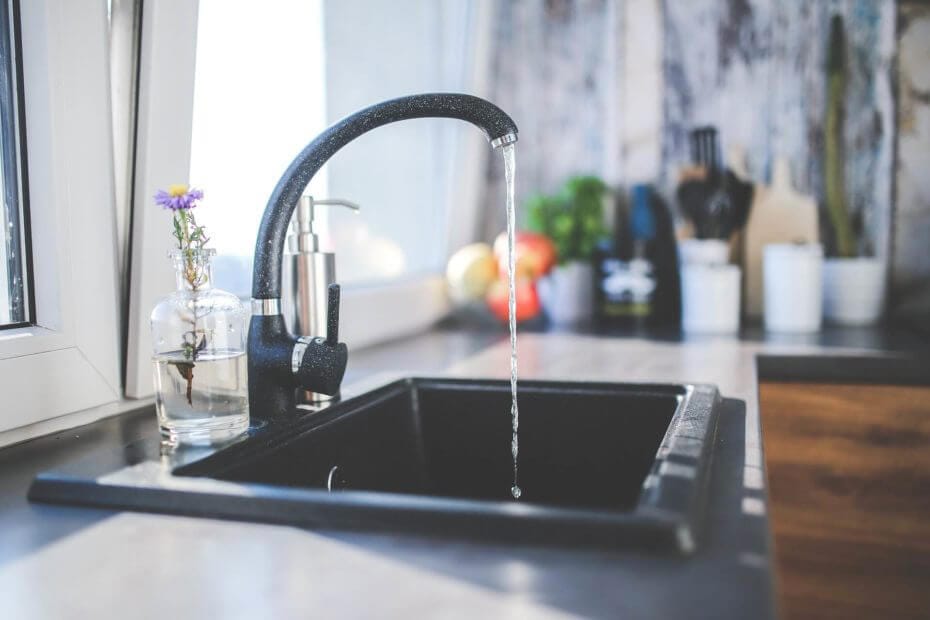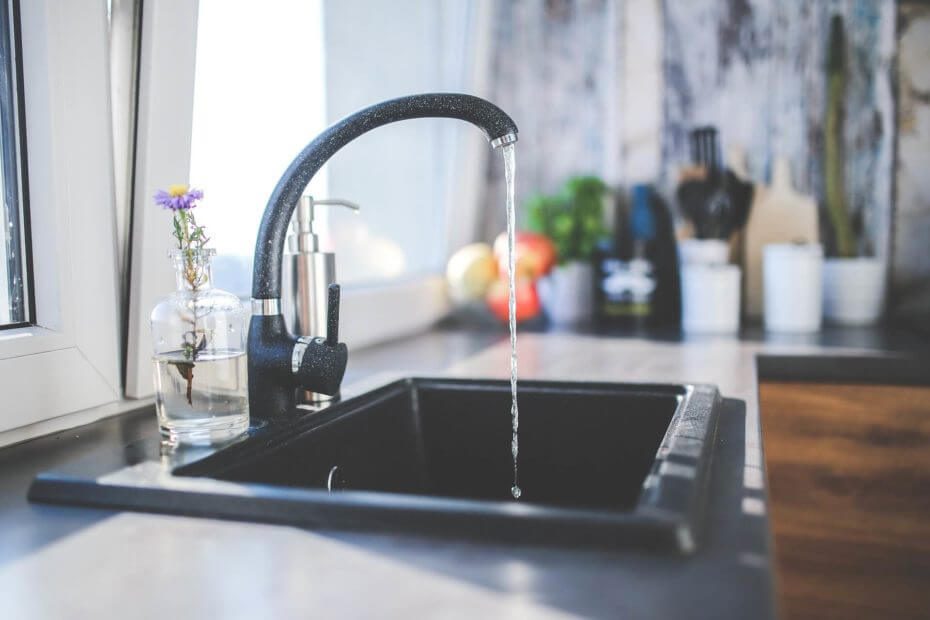The Top 12 Airbnb Problems and How to Solve Them

Thousands of hosts around the world use Airbnb, and almost in most cases, they don’t encounter any serious problems with running their businesses. However, there are some situations that you must prepare for before you take the plunge and jump into a short-term rental business.
Unfortunately, not all stays work out due to problems with the Airbnb guests or the rental property itself. These issues can cause Airbnb hosts to lose money, but, luckily, you can avoid the majority of issues by knowing how to prevent them.
Read on to find out about the most common Airbnb problems and how to prevent and resolve them.
1. Failing to Abide By Local Laws and STR Regulations
It might be shocking to hear that you can run into Airbnb problems before your business even gets off the ground.
If you’re looking to rent out your property, it’s important to do so within the confines of local laws and regulations of your rental area. Vacation rental platforms such as Airbnb have been grappling with changing regulations in different cities and countries. Some places have introduced laws that require guests to follow specific house rules, while others have imposed restrictions on the number of days that a property can be rented out. Short-term rentals are limited and even illegal in certain cities.
These regulations have also led to changes in how Airbnb calculates its service fee, and in some cases, hosts may have to offer a full or partial refund if they are unable to comply with the new rules. Failure to do so can result in negative reviews from guests and poor customer service ratings.
So make sure you research the Airbnb housing regulations of potential areas beforehand. Operating improperly in these areas could result in your business being penalized, fined, or even shut down.

Airbnb Problems Before Your Guests Arrive
You’ve got a new reservation and you’re ready to earn some money. But it looks like things are not going to go as smoothly as you had hoped. Let’s take a look at what potential problems you might have to deal with before your guests even arrive.
2. Check-in/Check-out Time Changes
Sometimes your guests want to arrive earlier or leave later. No matter what the situation is, the chances are high that it doesn’t work for you, especially if you have arranged a key collection with neighbors. The best way to nip Airbnb problems like these in the bud is to let your guests know what sort of time changes you’ll accept right on your listing.
Being clear about this from the get-go will prevent any misunderstandings further down the line. If you can accept these changes, make sure you give them a maximum number of hours before their stay begins to request a change to their check-in or checkout times.
If you already mentioned it in your house rules, but the guest ignores it, decline the changes in a polite manner. In most cases, the guest will drop the issue and agree to your rules. However, if you can allow early check-in or check-out lossless, do that and make your guests happy!
3. Getting a Reservation to Cancel
Sometimes you just get a feeling or see a clear sign, that things are going to go wrong before the reservation begins. Maybe guests have too many requests or you’re worried that they might throw a party at your rental property and cause vexing Airbnb problems. Whatever the reason, you know that you want them to cancel their reservation.
However, you should be aware of the fact that there are penalties for Airbnb hosts who make cancellations given it can have serious implications on your guest’s trip. Think carefully about whether or not the cancellation is really necessary first.
Keep in mind that as an Airbnb host, you can cancel without any penalties only if reservations fall into the following three categories:
- Extenuating circumstances: These are the circumstances that are beyond your control. For example, you may cancel penalty-free in the case of a natural disaster, political instability, etc. Take note that the circumstances have to be truly beyond anyone’s control. Misplaced rental keys or the property not being cleaned in time do not count.
- Unauthorized parties: If you find out that your guest is planning to throw an unauthorized party at your property, you may cancel their booking. However, you will need to provide evidence to Airbnb that a party was going to take place (such as guest message threads, invitations, or previous reviews stating the guest hosted an illegal party).
- Instant Book reservations: In certain instances, you may cancel reservations made through Instant Book:
1. If the guest clearly states that they intend to break a rule, like smoking or bringing animals.
2. If your property does not match the needs of the guest.
3. If the guest has negative past reviews from other hosts or an incomplete guest profile.
Keep in mind that you will need to cancel more than 24 hours before the reservation check-in time. If you want to cancel within 24 hours of the check-in time, you will need to contact Airbnb and ask them to do this for you. You may only cancel Instant Book reservations with no penalties three times in a single year.
4. Late Notice Cancellation From a Guest
One of the most critical Airbnb problems for a host is getting an unexpected, last-minute cancellation. To avoid such issues, communicate with a guest before accepting the booking and check their reviews from other hosts. Inquire about their travel plans to see how determined your prospective guest is about renting your place.
While setting a strict cancellation policy might be tempting, it is better to stick to flexible cancellations. A strict cancellation policy might put off potential guests. This can negatively impact your occupancy rate and rental revenue.
Problems During the Stay
Your guests have arrived, but now things are starting to go south. Here’s how to solve the most common Airbnb issues during your guests’ stay.

5. Amenity Problems
The shower is broken, the internet is down, or the garage door won’t close. Whatever the issue, you as the Airbnb host, are providing a service, so it will be on you to fix it. You need to let your guest know that you are going to deal with any Airbnb problems they’re encountering right away.
Make sure to say sorry and check with guests when you can access the property to fix things. You need to act swiftly otherwise the guest might get upset and want to cancel their stay and leave a negative review.
You should also tell your guest to call you that same moment if anything happens during their stay so that you will not be left with a bad surprise after they leave. After all, you don’t want to find out that the toilet has overflowed two days after your guests have already left!
6. Noise Complaints
Another Airbnb problem that hosts run into is guests who complain about excessive noise from the neighbors, especially at night. Although it is not your fault, you are still responsible for your guests’ experience.
Call the neighbors and tell them to keep it down. If they ignore your request, you can call and register a noise complaint with your local police station or security company.
However, if noise is a recurring problem, you might want to rethink listing your rental property on Airbnb. If the issue persists, you may continue to receive negative reviews for your listing which can put your business at risk.
7. Partying Guests
Before the COVID-19 pandemic, parties were one of the most common issues that Airbnb hosts had to deal with. In 2020, Airbnb announced a global party ban at all their vacation rental properties.
Following this ban, Airbnb removed the “event-friendly” and “parties and events allowed” filters from their search engine. They have also introduced a mandatory guest limit of 16 people for each rental property. There are also tighter restrictions on guests under the age of 25 looking to book an entire Airbnb property, with no history of positive reviews.
This has been done to follow COVID-19 safety compliances, and also clamp down on guests renting properties to host illegal parties. Airbnb has established 24/7 neighborhood support hotlines in the USA and Canada to assist neighbors in laying complaints regarding nearby properties breaking the rules and hosting parties.
If you suspect your guests are planning to throw a party at your rental house, try to reach out to them first. Remind them that parties are strictly forbidden at your property and that Airbnb can decide to take legal action against them if they break this rule.
If they ignore this message, you can contact Airbnb and report them. Remember that you’ll need evidence that proves they are planning to throw a party.
If your guests are simply being too loud or playing music loudly, and the neighbors complain, first try calling or messaging them. Remind them that the neighborhood is family-friendly and ask them to keep the noise down. If they refuse to do this, you can lodge a noise complaint at your local police station, or contact Airbnb to cancel the reservation.
However, to prevent such issues from happening, you can go another route and employ a privacy-safe monitoring system that tracks volume levels without recording your guests. This way, you can rest assured that your guests follow your house rules, and your neighbors have nothing to complain about.
8. Guests Dislike Each Other or the Airbnb Host
If your guests are already staying at your rental property and they are no longer getting along, what can you do? Airbnb problems like these can cause headaches, but no need to panic.
Remember, don’t take someone’s side as the other guest might feel singled out. This could cause them to cancel their reservation, and you don’t want that. Talk to each guest and try to come to some compromise. If you don’t like your guests or they don’t like you, stay nice and polite as that’s just good business practice.
You also don’t have to continue to overextend yourself as if the guest were a friend. Just limit your communication. If the guest does something inappropriate, that’s when you may ask them to leave your property.
However, you should avoid canceling the reservation if you can resolve the problem without doing that.

Problems After Your Guests Leave
Your guest is gone, and now you’re finding out a bad secret. Here’s how to fix Airbnb problems after your guests leave.
9. Your Property Has Been Damaged
One of the worst possible Airbnb problems you could face after a guest checks out is finding damage to your rental property, whether accidental or intentional. This is a nightmare that all Airbnb hosts want to avoid at all costs.
The best offense is a good defense, as the saying goes. Ways that you can protect your assets from damage include charging a security deposit, drawing up a vacation rental agreement, and purchasing comprehensive vacation rental insurance.
If your property or amenities do get damaged by a guest, don’t panic. Take photos of the damage in each room, videos, and collect any other related evidence that you can find.
The next step is to contact the guest and explain the situation to them, as you will need to pay for the damages out of their security deposit. If the guest agrees to the amount requested, Airbnb will release the funds to you within 5 to 7 business days. Take note you must make this request within 2 weeks of the guest checking out.
If the guest refuses to give consent on the deposit or ignores your messages longer than 24 hours, you can contact Airbnb’s Resolution Center and request to collect your guest’s security deposit. Submit the evidence you have collected with your request to support your case.
Airbnb will then review the evidence and contact the guest to get their side of the story. If they feel you are within your right to collect the deposit, it will be forwarded to your account. If not, you will then need to submit a claim to your insurance company.
No Airbnb host ever wants to deal with damaged rental properties, but it’s important to always follow the legal, valid procedure set out by Airbnb. Never make threats to a guest or lose your temper, and keep all messages and comments on the Airbnb site.
10. Misplaced/Stolen Household Items
Your spare towels, toilet paper, and playing cards have all gone missing. First, ask your guests politely whether they’ve seen the lost items. Look around the entire house or apartment, checking all your rooms and cupboards, before you make any accusations.
If it seems certain that these items have been misplaced or taken and they are not of high value, you might want to mention to guests that the item was not free without charging them. This is probably the best option if you want to save your time and nerves.
However, sometimes Airbnb hosts may have to deal with thefts. To prevent thefts, Airbnb recommends that hosts don’t store any valuables in their rental properties. For example, you can get a safety deposit box at a local bank to keep your expensive items safe.
Also, charging a security deposit and requesting your guests to sign a rental agreement are good options to prevent items from being stolen. Your guests will feel greater responsibility for your rental and the amenities that you provide. In addition, make sure to get short-term rental insurance as the Host Guarantee won’t be of any use if you realize that your jewelry or artwork has been stolen.
11. Guest Left a Bad Review
Receiving a negative review is also one of the most common Airbnb problems that you may face. A good-hearted apology can always do the trick but if it doesn’t work, stay calm and share your side of the story. Focus on the positive aspects of your guests’ stay and describe how you’ve tried to resolve the issue.
Respond to all the reviews politely. This will show your future guests that you are a caring and respectful Airbnb host.
12. Broken Amenities
For smaller, simpler accidents – like finding your wine glasses have broken – a security deposit can be a good idea. However, you may want to consider independent insurance to cover valuable items like jewelry, artwork, or collectibles that cost more than the amount you’ve retained as a security fee.
Conclusion
Forewarned is forearmed, as the old saying goes. Knowledge of potential problems gives you an advantage. By being aware of the most common Airbnb problems, you can do your best to prevent them.
However, even if something goes wrong, the best advice is to keep calm and be a responsible Airbnb host. By following local laws, communicating clearly with a guest, and trusting your gut instinct, you can minimize potential problems that could pop up.
The best way to minimize problems from happening is to employ excellent communication and management strategies. Vacation rental software, like iGMS, streamlines your important management tasks and runs them for you on autopilot. Harnessing the power of automation, iGMS allows you to:
- Manage multiple accounts and listings on the top short-term rental platforms from a single interface
- Use the unified inbox to organize your messages into a single feed and ensure prompt replies
- Receive payouts and create invoices by connecting your Stripe account to iGMS
- Manage direct bookings using a direct booking management toolkit





![Your Monthly iGMS Roundup [February 2020]](/content/images/size/w600/wordpress/2020/02/igms-roundup-feb-2020-cover.png)

